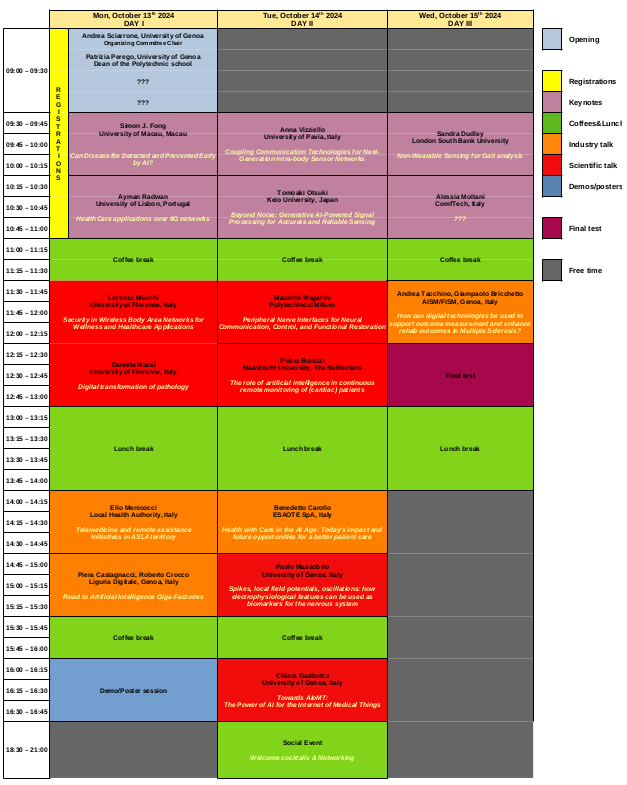Programme
The School program features 5 Keynote Speeches (KSs) from international renowned scientists and researchers. In addition, several Scientific speeches from industry and research centers will be delivered.
Overall, the School will provide almost 15 hours of frontal lectures (in person) with a final test that, if passed, will grant each PhD student several ECTSs. The exact amount of ECTSs that will be acquired has to be determined by each PhD program Academic Board. A fair and reasonable estimation is between 3 and 5 ECTSs.
The School also has a Poster session where PhD students can show their latest research and achievements. A commission composed of Professors and Researchers will evaluate the posters.
More details in the relative section.
Full Programme as a Whole
Click on the image to download it as PDF
Keynotes & Scientific/Technical Speeches
Monday, October 13th, 2025
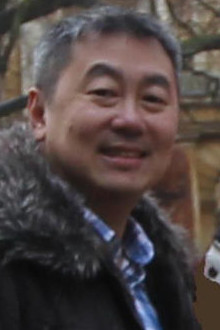
Simon Fong, University of Macau, Macau
Talk: "Can Disease Be Detected and Prevented Early by AI?"
Time: Oct 13th 2025, 09:30 - 10:15
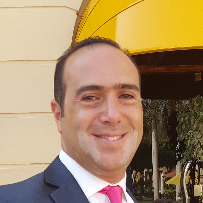
Ayman Radwan, University of Lisbon, Portugal
Talk: "HealthCare applications over 6G networks"
Time: Oct 13th 2025, 10:15 - 11:00
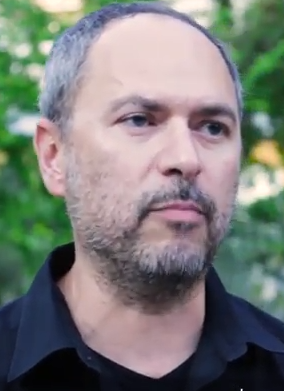
Lorenzo Mucchi, University of Florence, Italy
Talk: "Security in Wireless Body Area Networks for Wellness and Healthcare Applications"
Time: Oct 13th 2025, 11:30 - 12:15
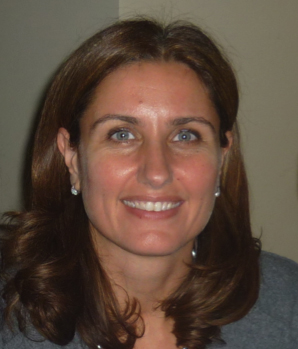
Daniela Massi, University of Florence, Italy
Talk: "Digital transformation of pathology"
Time: Oct 13th 2025, 12:15 - 13:00
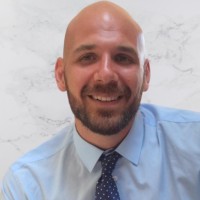
Elio Menicocci, Local Health Authority (ASL4), Italy
Talk: "Telemedicine and remote assistance initiatives in ASL4 territory"
Time: Oct 13th 2025, 14:00 - 14:45
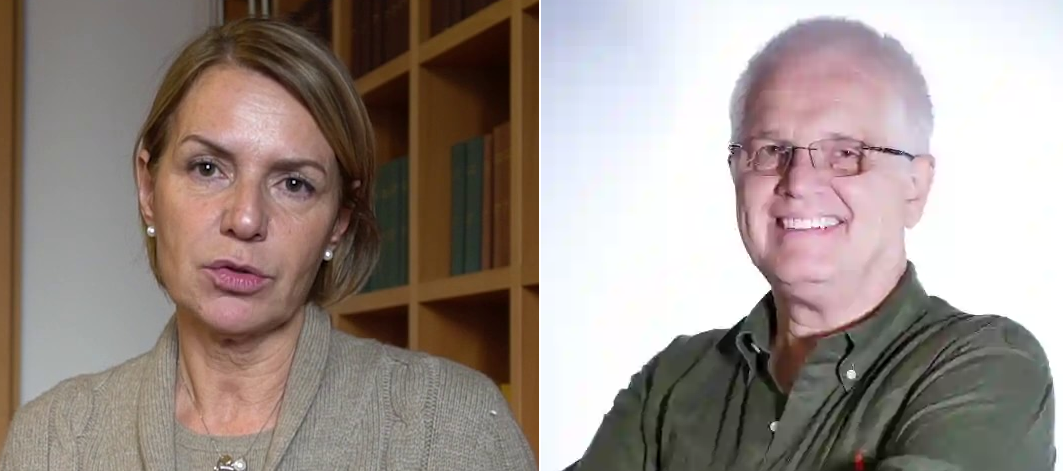
Piera Castagnacci, Roberto Crocco, Liguria Digitale, Italy
Talk: "Road to Artificial Intelligence Giga-Factories"
Time: Oct 13th 2025, 14:45 - 15:30
Tuesday, October 14th, 2025
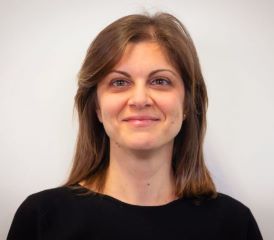
Anna Vizziello, University of Pavia, Italy
Talk: "Coupling Communication Technologies for Next-Generation Intra-body Sensor Networks"
Time: Oct 14th 2025, 09:30 - 10:15
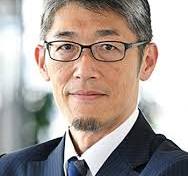
Tomoaki Otsuki, Kejo University, Japan
Talk: "Beyond Noise: Generative AI-Powered Signal Processing for Accurate and Reliable Sensing"
Time: Oct 14th 2025, 10:15 - 11:00
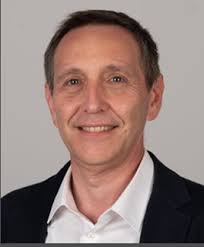
Maurizio Magarini, Polytechnic University of Milan, Italy
Talk: "Security in Wireless Body Area Networks for Wellness and Healthcare Applications"
Time: Oct 14th 2025, 11:30 - 12:15
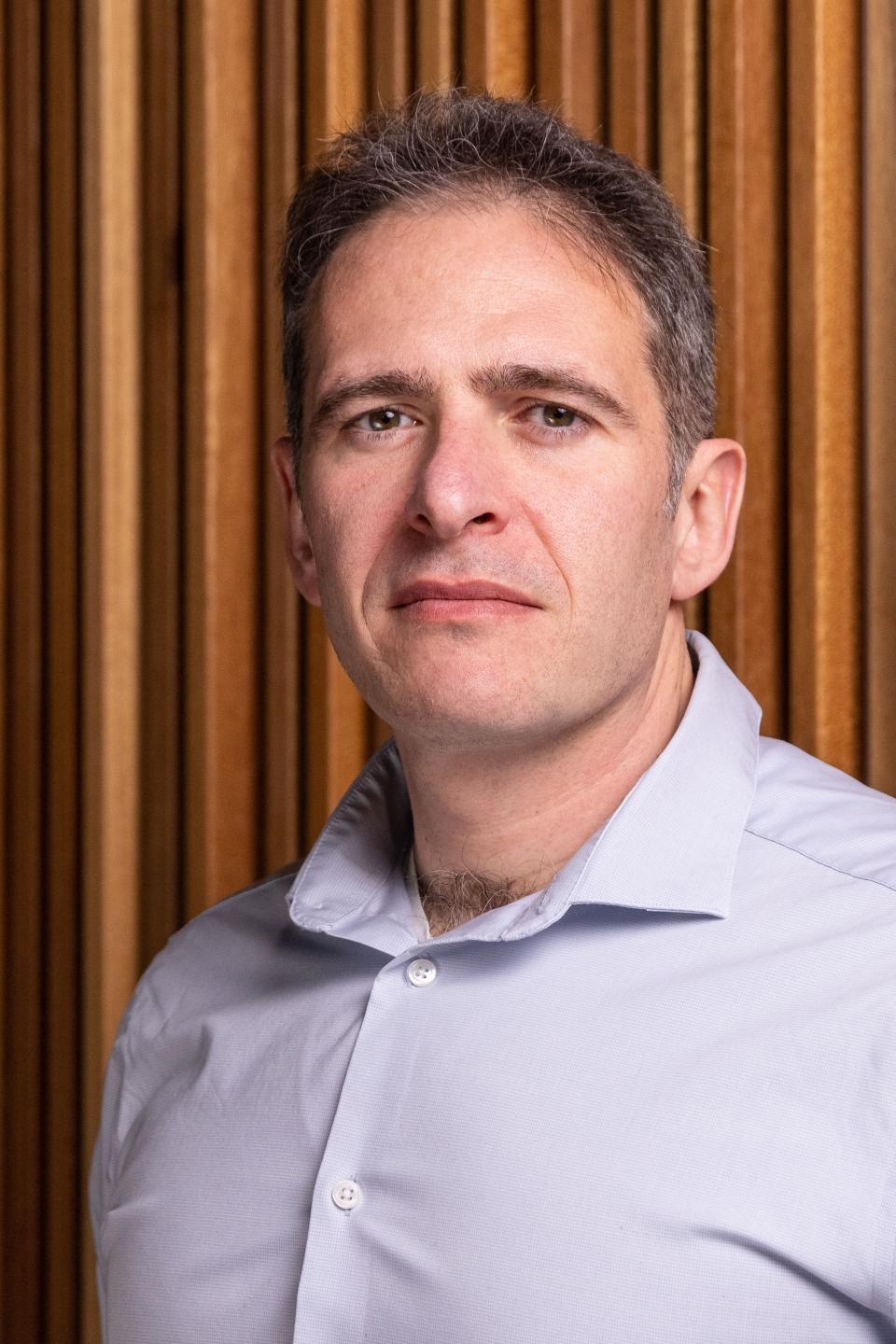
Pietro Bonizzi, Maastricht University, The Netherlands
Talk: "The role of artificial intelligence in continuous remote monitoring of (cardiac) patients"
Time: Oct 14th 2025, 12:15 - 13:00
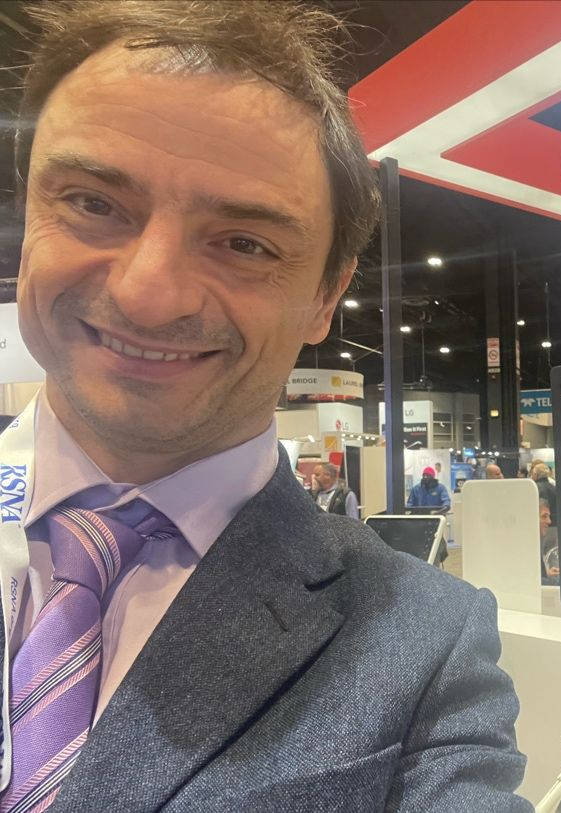
Benedetto Carollo, ESAOTE, Italy
Talk: "Health with Care in the AI Age: Today's impact and
future opportunities for a better patient care"
Time: Oct 14th 2025, 14:00 - 14:45
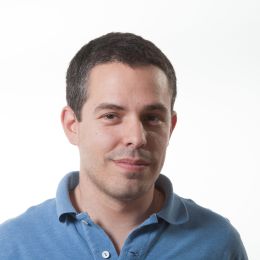
Paolo Massobrio, University of Genoa, Italy
Talk: "Spikes, local field potentials, oscillations: how electrophysiological features can be used as biomarkers for the nervous system"
Time: Oct 14th 2025, 14:45 - 15:30
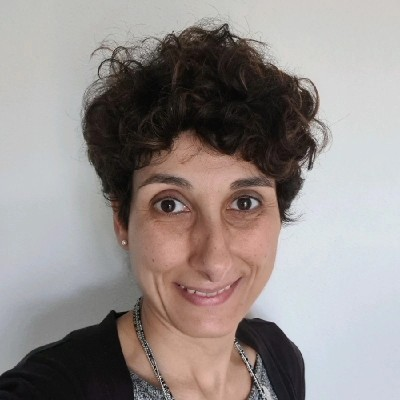
Chiara Garibotto, University of Genoa, Italy
Talk: "Towards AIoMT: The Power of AI for the Internet of Medical Things"
Time: Oct 14th 2025, 16:00 - 16:45
Wednesday, October 15th, 2025
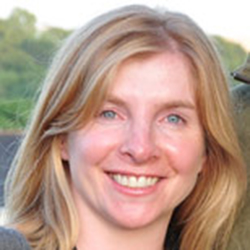
Sandra Dudley, London South Bank University, UK
Talk: "Non-Wearable Sensing for Gait analysis"
Time: Oct 15th 2025, 09:30 - 10:15
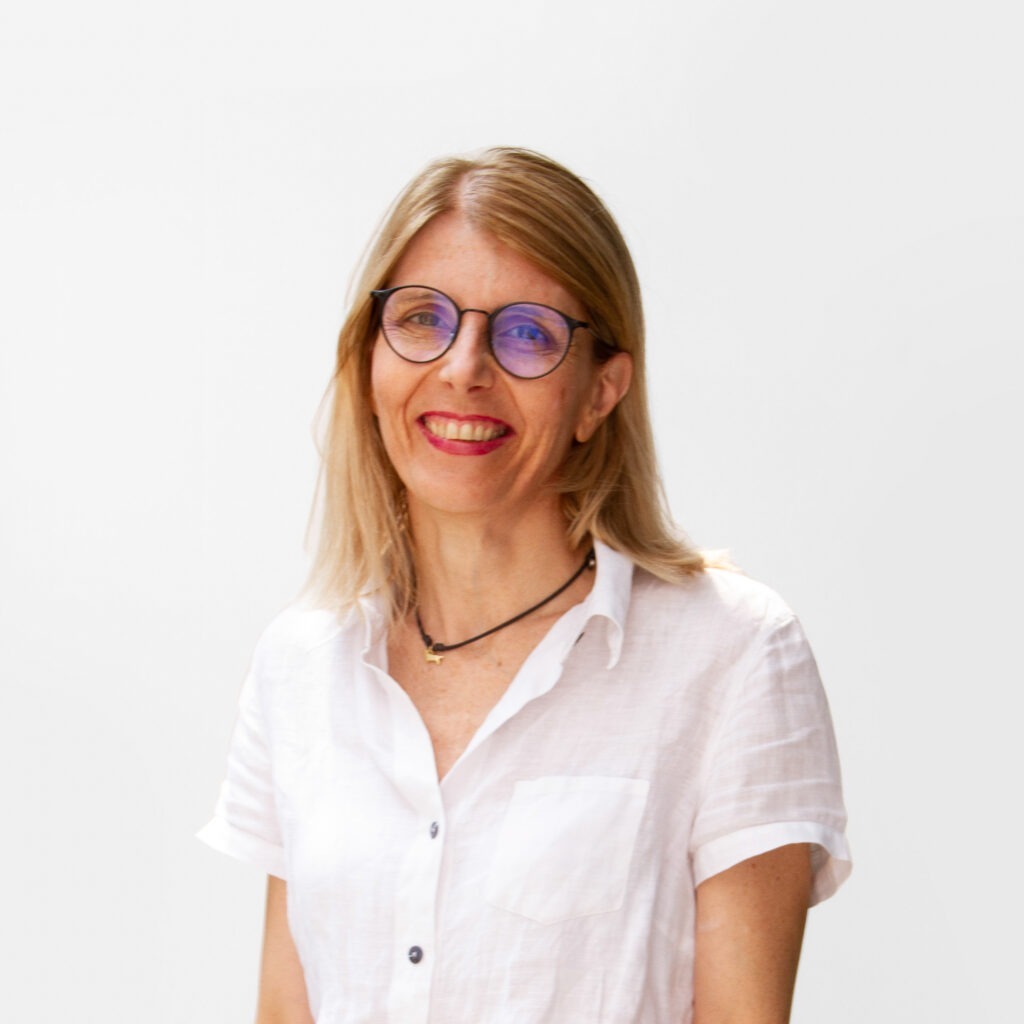
Alessia Moltani, ComfTech, Italy
Talk: "Wearable monitoring systems and smart textile"
Time: Oct 15th 2025, 10:15 - 11:00
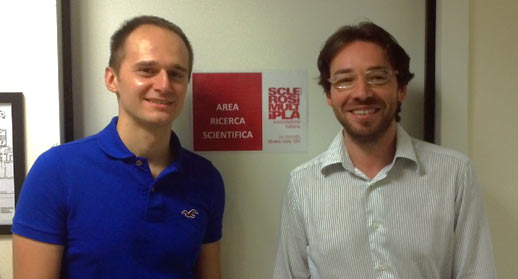
Andrea Tacchino, Giampaolo Bricchetto, AISM/FISM, Genoa,
Talk: "How can digital technologies be used to support outcome measurement and enhance rehab outcomes in Multiple Sclerosis?"
Time: Oct 15th 2025, 11:30 - 12:15
Demo/Poster session
The School will also hold a poster session that allows students to present their latest research.
At the student's discretion, along with the poster, a working demo can be presented. Please note that bring to the session a demo must not to be considered mandatory but just an additional possibility to practically demonstrate the effectiveness of the presented research activities.
POSTER COMPETITION IS OPEN TO EVERYONE WHO WANTS TO SHOW HIS/HER LATEST RESULTS. HOWEVER, ONLY PH.D. STUDENTS CAN BE ELECTED AS WINNERS.
Though the IEEE ComSoc eHealth PhD School is completely free (i.e., no fees are required to attend) the registration is still necessary.
Therefore, if you intend to participate to the Demo/Poster session, the registration is mandatory.
The submission must occur by sending an email to Andrea Sciarrone.
The mail must contain:
- the poster, A1 sheet as PDF file
- the name of the presenter (must be a PhD student)
DEADLINE: Monday, October 6th EOB (Italy time)
